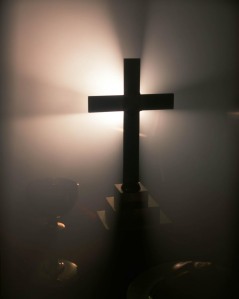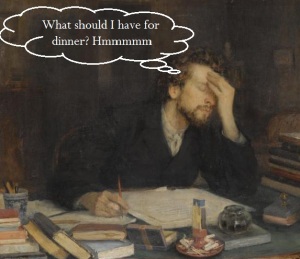Saintly Mirror
In researching the life of Saint Francis of Assisi, I come to realized –
1 – He was definitely a man of his times
2. He was much an Italian, that is, his use of earthly, sometimes coarse language.
3. He was an ardent Catholic.
4. He could be quite harsh at times.
Throughout the centuries after his death, the saint was transformed. He became a mirror. Some saw him as a Second Christ (alter Christus). There were serious doubts as to his receiving the stigmata. Nicholas IV , who was himself a Franciscan,
asserted the stigmata of St. Francis ; a papal bull in 1255 vindicated the claims of the miracle ; and Pope Benedict XI set apart
the 17th of September of each year as the feast of the Holy Stigmata. Many of the legends about the saint tend to replicate the events in the life of Jesus.
Others see him as a nature lover. There are many tales told of St. Francis and his affinity with animals. Often his The Canticle of the Creatures is cited as the saint’s love of nature, however, it is more about praising God the creator for the good things on earth. Nevertheless, he is the patron saint of ecology (named so by Pope St. John Paul II in 1979).
And there are those who saw him as a reformer and radical, especially in regards to his extreme poverty in contrast to the riches of the Church hierarchy. This view became popular with early writers as the Franciscan Order began to shift away from the ideals of its founder. The Franciscans were not the first to renounce worldly riches. There was the small and short-lived The Poor Catholics (Pauperes Catholici), the Order of Grandmont (known as the boni homines), as well as the lay poverty movement affiliated with various hospitallers, male and female, among them the lay society of Saint Anthony, approved by Urban II in 1095 for the staffing of a hospital at Saint-Didier de la Mothe. Of course there were also the heretical groups such as the Cathari (albigenses) the Waldenses and the Humiliati.
Saint Francis, no doubt aware of the excommunication, persecution and massacre of groups that challenged Church authority, stressed obedience and conformity to the Church and its teachings. He wrote: “Let all the brothers be Catholics, and live and speak in a Catholic manner. But if anyone should err from the Catholic faith and life in word or in deed, and will not amend, let him be altogether expelled from our fraternity.”
Then there is St. Francis as peacemaker. Robert F Kennedy, Jr. described Saint Francis as an “ecumenical saint” mostly in reference to the saint’s meeting with the sultan of Egypt. Western accounts emphasize St. Francis wanting to convert the sultan and bring peace to the Holy land. What is often overlooked is that the Sultan al-Malik al-Kāmil was known to be lenient towards Christians, having befriended a Christian hermit long before he met with St. Francis.
Even Benito Mussolini used St Francis, praising him as “the saintliest of Italians and the most Italian of Saints.”
So who is the real Saint Francis? I do understand the need to have a saint who reflects the highest good of humanity. But I feel we lose the essence of the man who took an unknown road, who struggled with his own temptations, who sought God in his life and was disheartened by the betrayal of his brothers.
He was simply a man seeking grace, wanting to live as Christ taught to the best of his understanding and to burn away the “sins” of his past.










